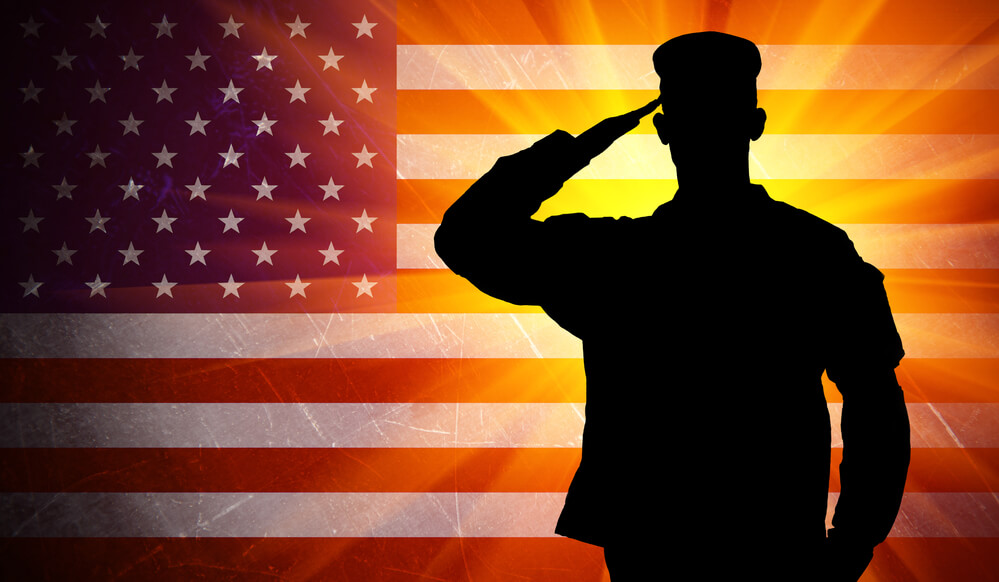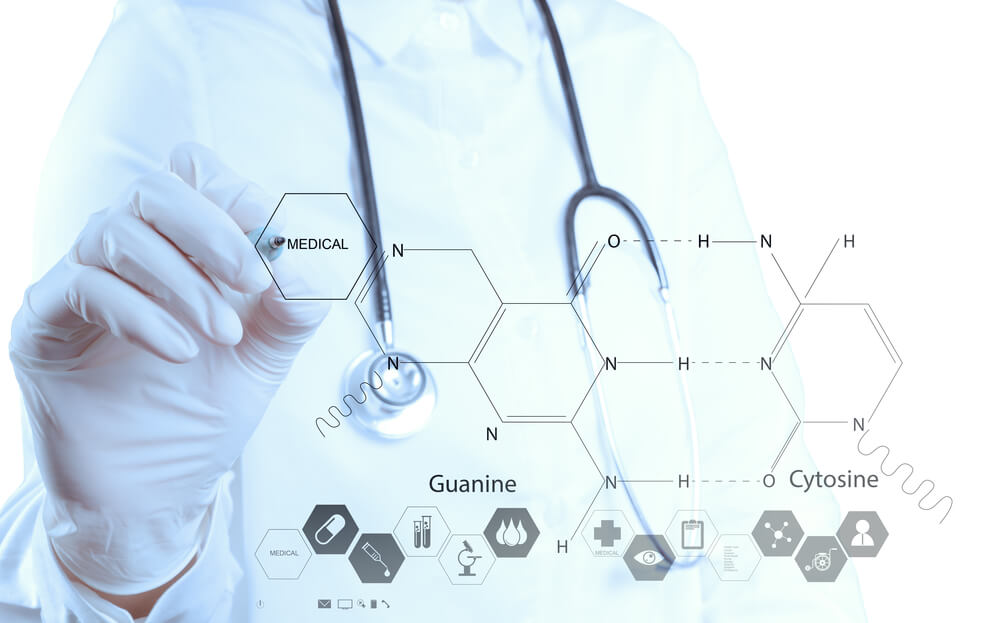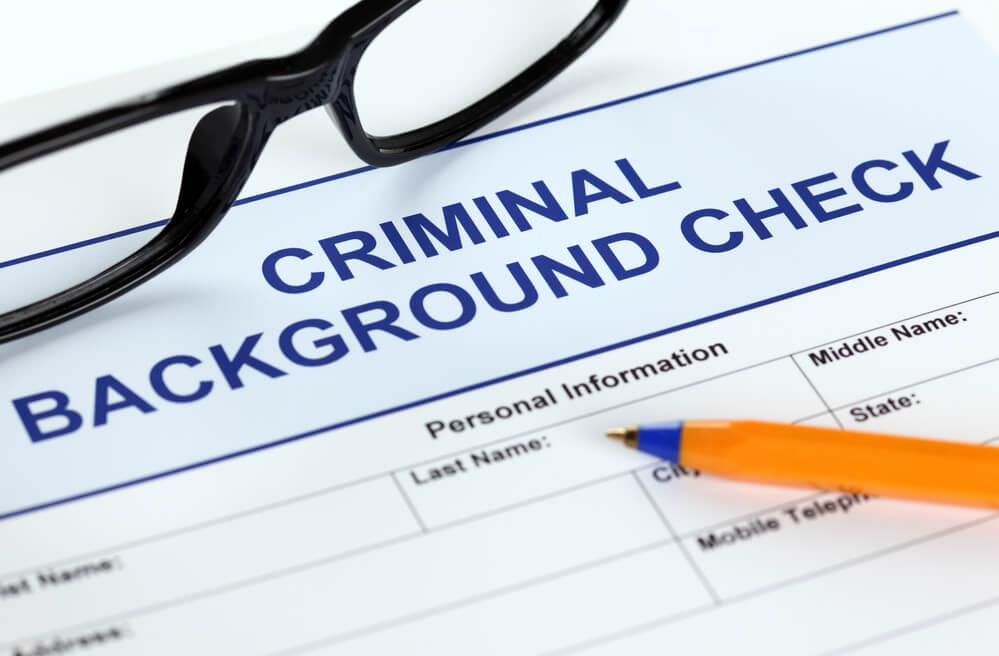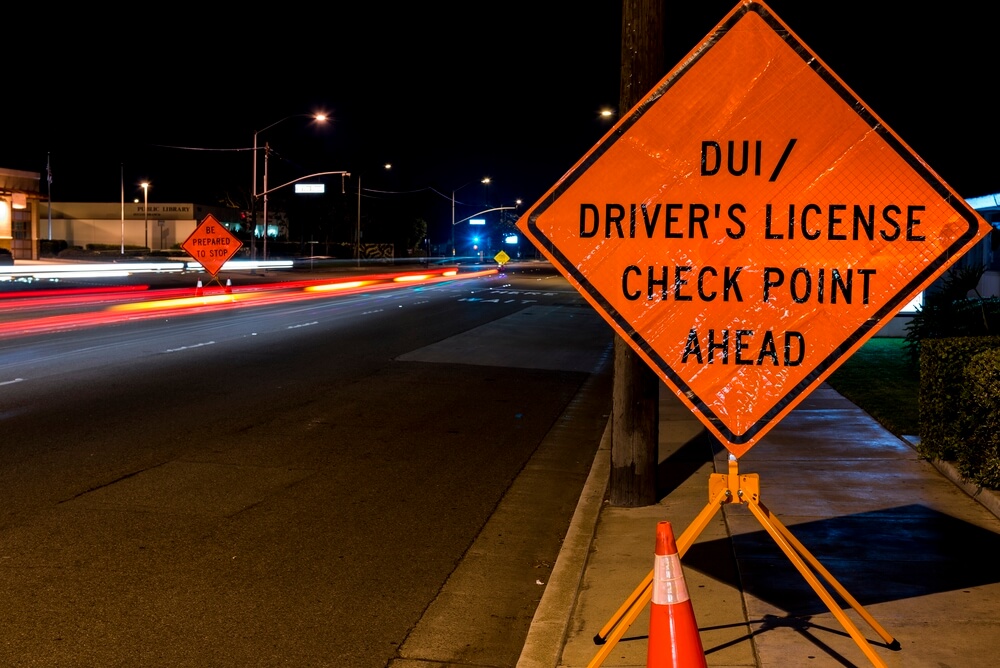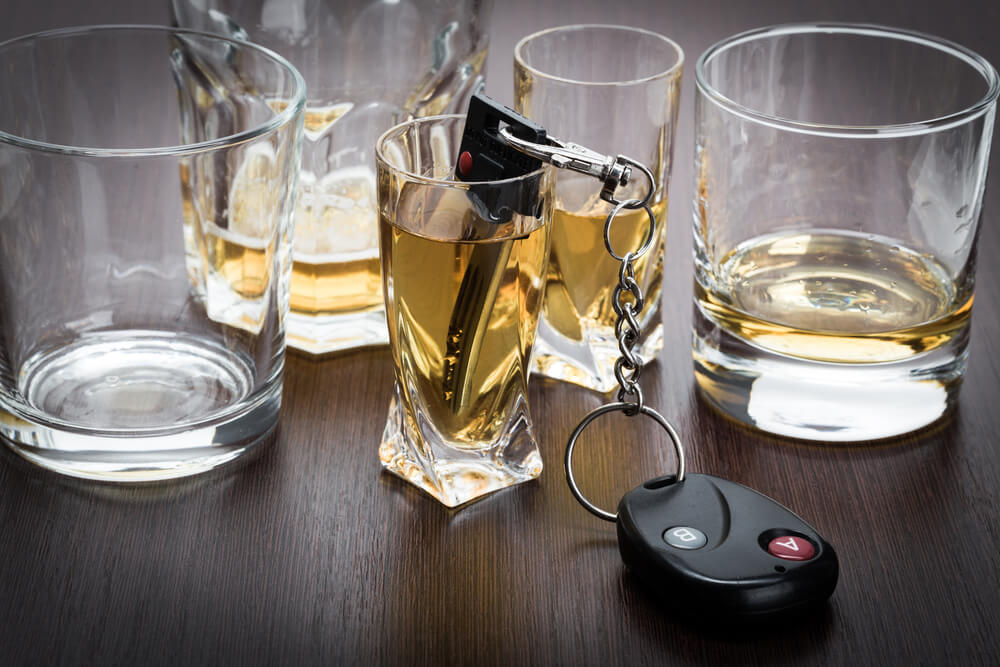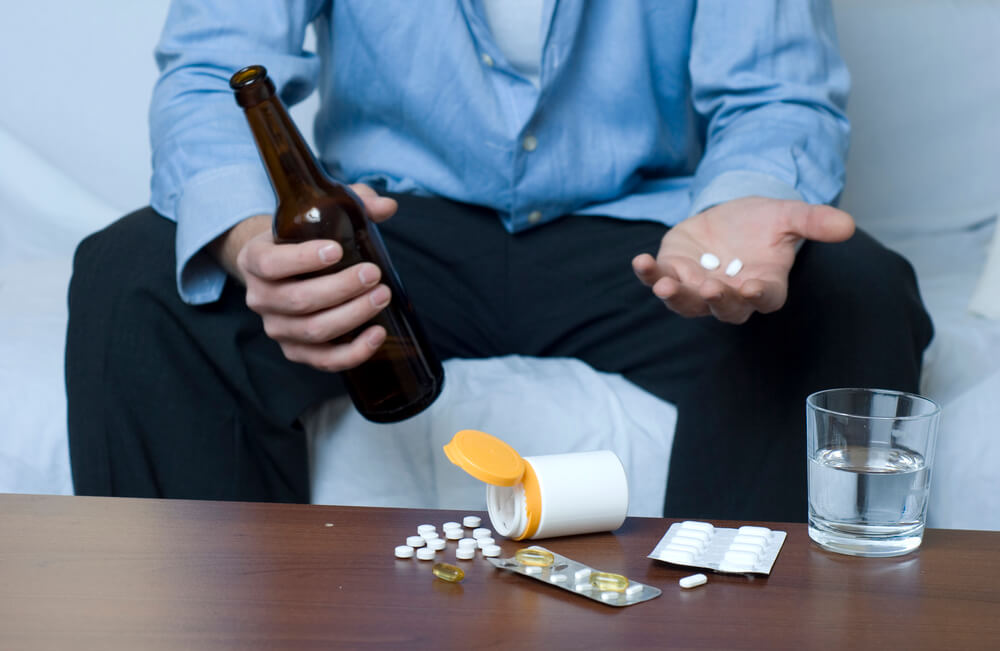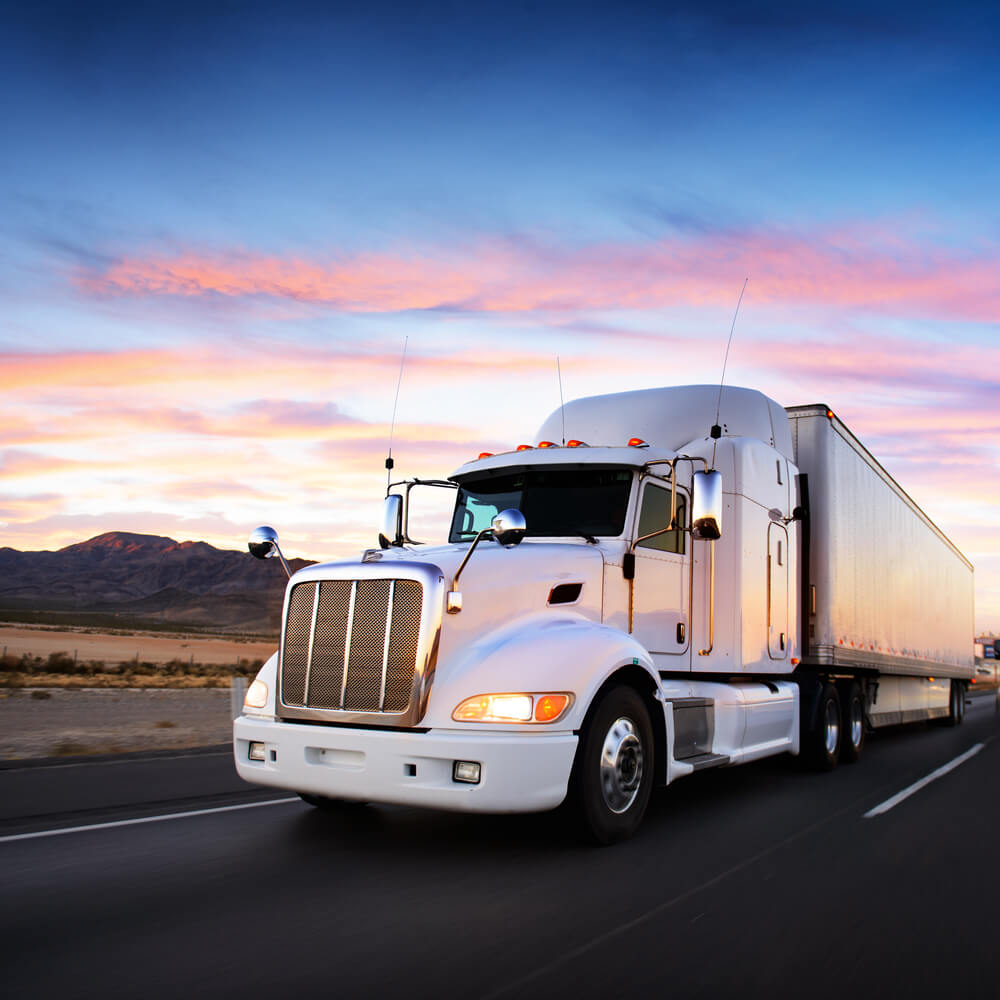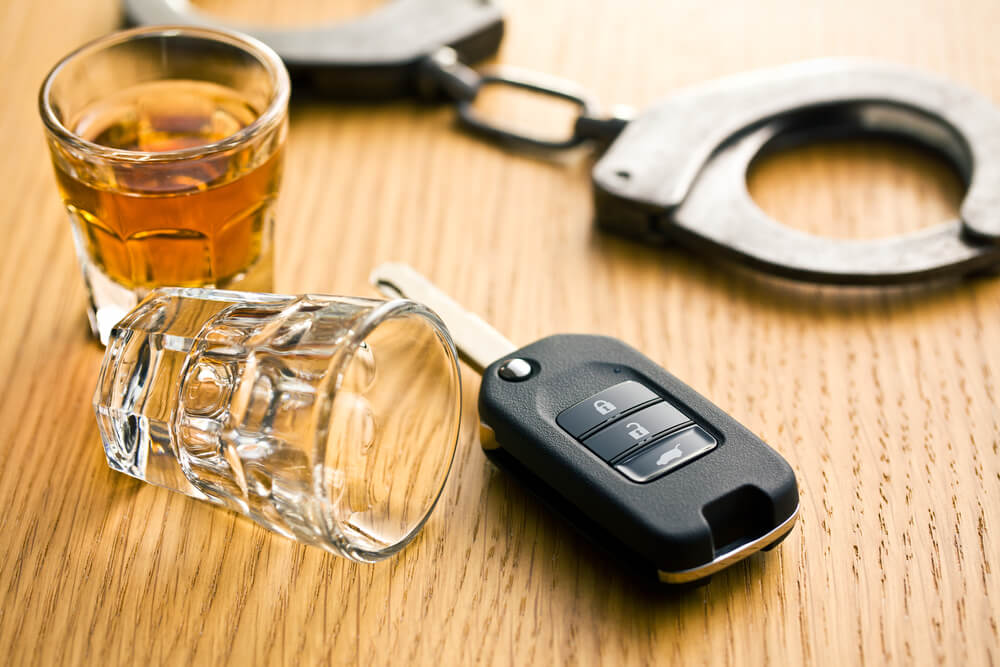
Getting a DUI in California is a serious crime that requires your full attention. Getting a second DUI in California can be a life-altering event that requires that you pay hefty penalties and spend time in jail. According to California Vehicle Code ßß 23152, 23540 (2017), if you have been convicted of a first DUI within a ten-year period, a DUI is considered a second offense.
If you are convicted of a second DUI you will face mandatory jail time ranging from 96 hours to one year as well as monetary fines of between $390 and $1,000. Being convicted of a second California DUI includes having your driver’s license suspended for 2 years, being put on probation for three to five years, and having to attend DUI school for 18-months. A second DUI is usually a misdemeanor.
If you are lawfully arrested and charged with a second DUI you should immediately contact your attorney. From the moment you are arrested and taken into custody, you have the right to remain silent and to have an attorney present at questioning.
Although jail time is mandatory, you may be able to have the time reduced to house arrest or participate in a work release program, both better alternatives than spending up to a year behind bars. You may be able to get credit for the time you have already been locked up and also credit for having a relatively low blood alcohol content (BAC). In addition, if the lawful reason for being pulled over was a minor traffic violation and you did not have an automobile accident that caused property damage or personal injuries, you have a better chance at using your automobile and keeping your job. If you have a family that depends on your income you may be able to have your license suspension reduced and operate on a restricted license, one that allows you to get back and forth to work and not much more. In order to do so, you may have to install an ignition interlock device, at your own expense, on all the vehicles under your control.
On the other hand, your second DUI is not just about receiving a second DUI within a 10-year period or about having a BAC over the legal limit. A second DUI can mean a probation violation from your first DUI. If such is the case and you do not win your DMV hearing, you are not eligible for a restricted license. Ignition Interlock Device privileges apply only to second-time DUI offenders that have not violated their DUI probation.
It is imperative that you contact an experienced and knowledgeable California DUI attorney that concentrates their practice on DUI defense and not just as a sideline. Our California DUI defense attorneys have represented thousands of California residents and have had successful outcomes. Call us the moment you are taken into custody, 24-7, on weekends or on a holiday.




